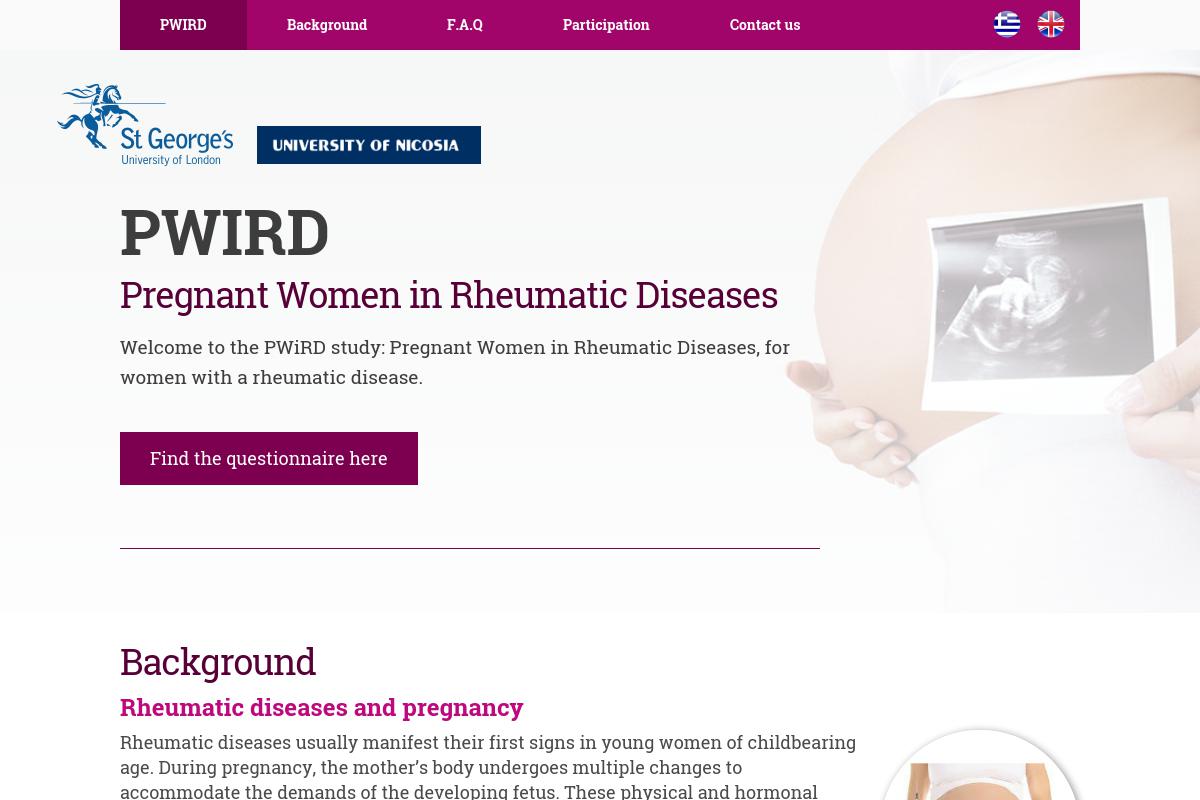Before the end of the year, we are sending our last reminder! We would like to thank you for your participation and kindly ask, for one last time, to inform your members of our questionnaire.
The study is going very well so far, we have had almost 400 responses from 26 different countries. The greater the participation, the more information we will have that could possibly be representative of each country; thus, we would like to extend our study until December 15th. Our aim is to investigate the pregnancy experience that women with rheumatic diseases go through, in order to voice their concerns, reveal problems they’ve faced and identify areas of improvement of the health system, and we are close to finalising our efforts. Please share our questionnaire through email, Facebook, website-link or other way of your preference.
Attached please find the links to our questionnaires:
We deeply appreciate your support!
Kind regards,
Ilianna Armata 3rd yr medical student
J. Joseph Associate Professor
St George’s University of London programme at the University of Nicosia Medical School, Cyprus.




